Gareth Thomas reveals harrowing abuse: “I’ve been spat at and called an AIDS spreader”
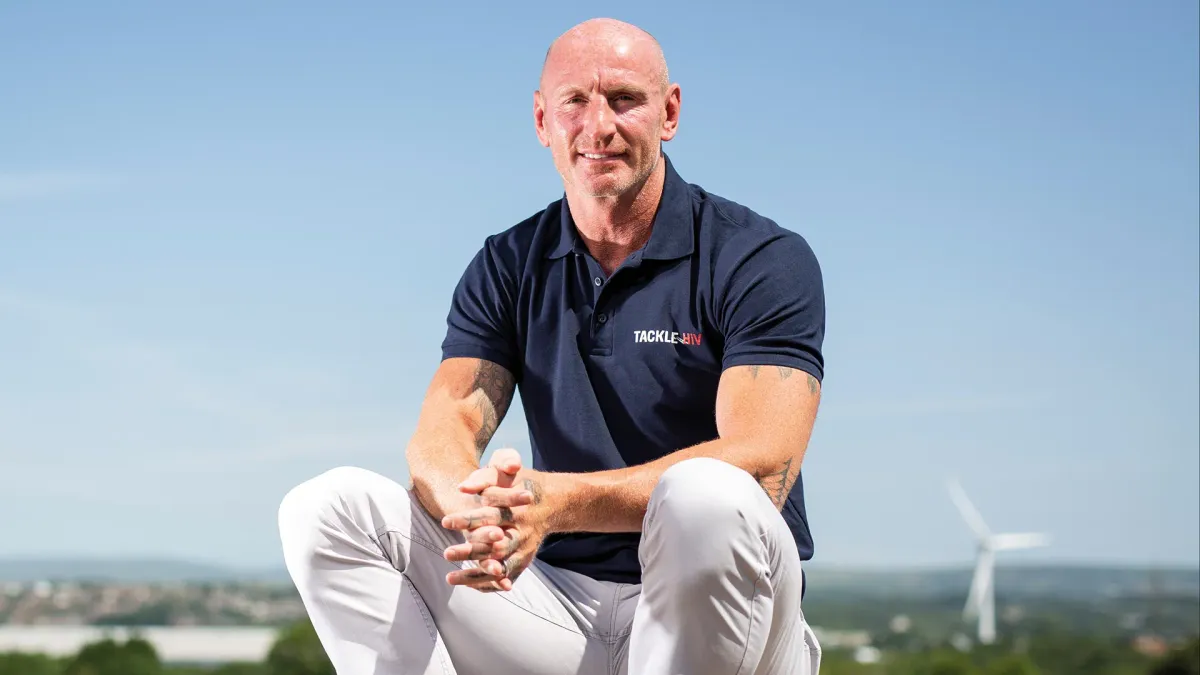
Rugby legend Gareth Thomas has laid bare the extent of the abuse he continues to endure for being gay and HIV positive, in an interview on the Life of Bryony podcast. Speaking with Bryony Gordon, Thomas recounted being spat at in the street and called an “AIDS spreader” by two young men - a reminder of the stigma that still surrounds both homosexuality and HIV.
Thomas, who made history in 2009 as rugby union’s first openly gay professional player, and later revealed his HIV status in 2019, said society remains in a “really shit place” when it comes to tackling these issues. “We’ve come a long way,” he said, “but the reality is, we were in a really, really shit place and now we’re just in a really shit place”.
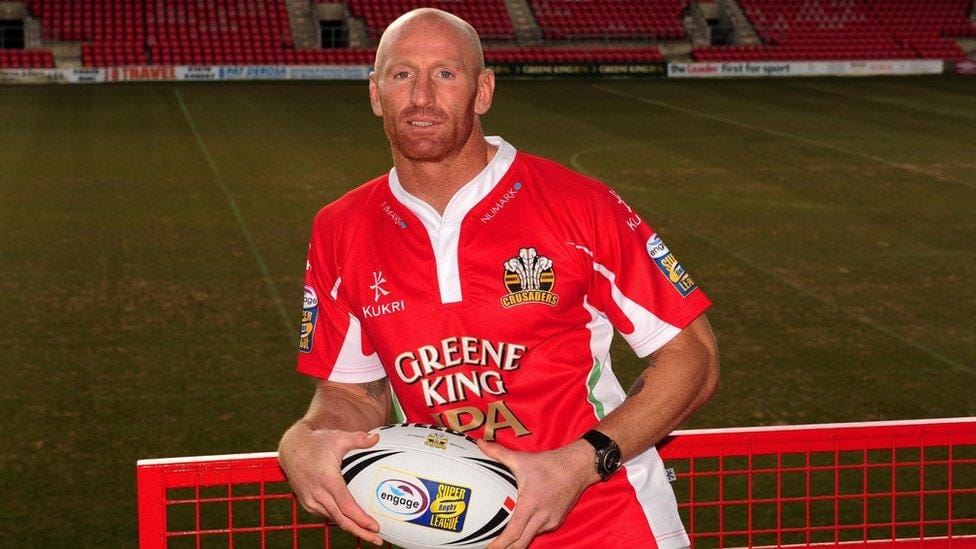
He described how ignorance and prejudice continue to shape people’s reactions to him. “I’ve walked out of a bathroom before and heard someone ask a waiter if they could use another toilet - because they thought I could transmit the disease like that,” he said. “I’ve picked up someone’s glass by mistake, and you can see the uneasiness - they won’t drink from it again”.
Thomas also reflected on the subtle ways discrimination manifests. “People can still be discriminatory without actually making a homophobic or racist slur,” he explained. Even his partner, Steve, is subjected to backhanded comments: “People say to him, ‘You’re so brave, you deserve a medal for marrying Gareth’ - just because of my medical history”.
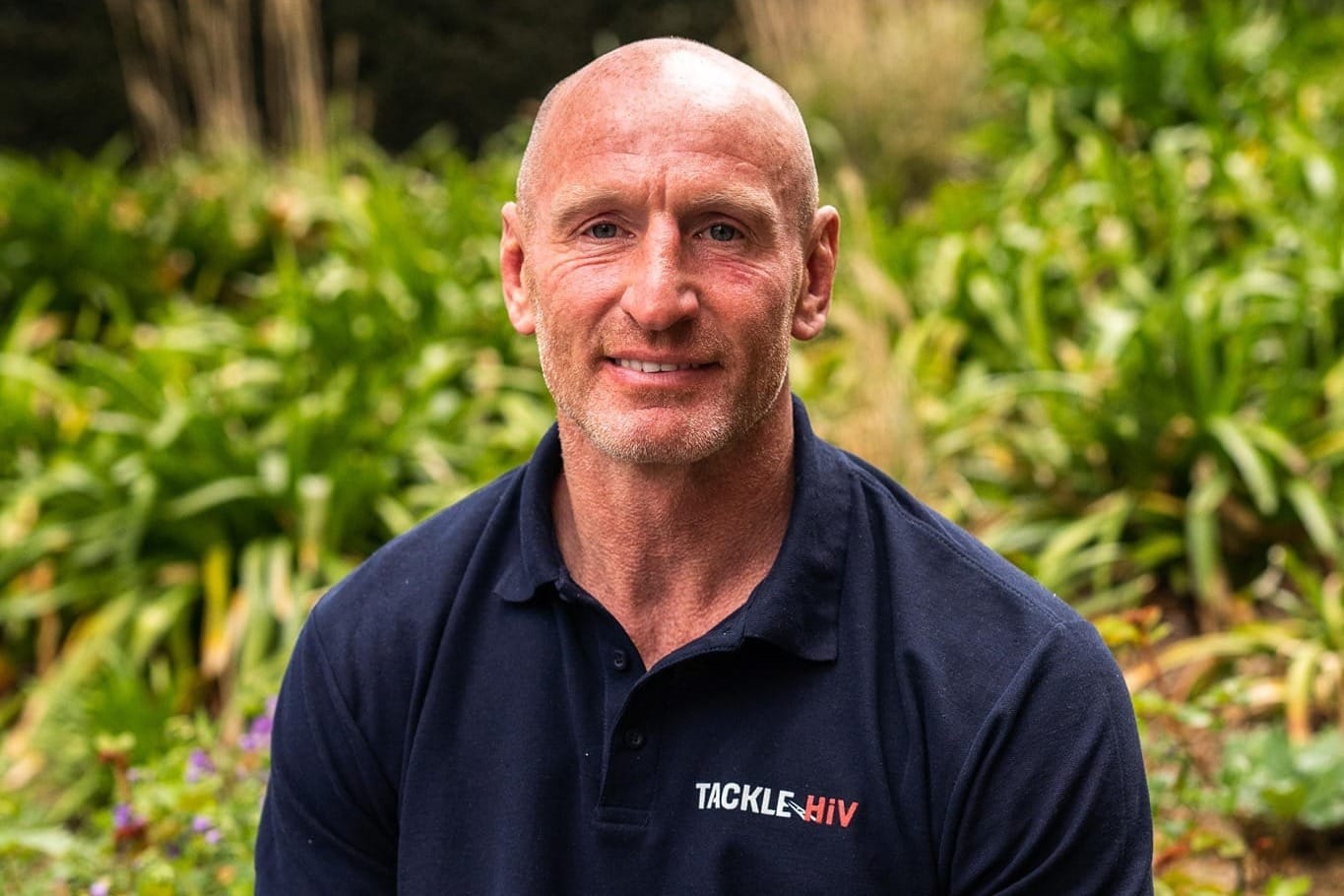
In sport, Thomas believes little has changed. “Every time I go out on the field, I will be defined by my sexuality. I don’t want it to be like that. I’ve got ability, I’ve got personality - that’s what should define me,” he said. He recalled being a 16-year-old in a changing room, hearing slurs like “if you can’t run, you’re a f*gg**,” and lamented the lack of proactive change in sporting culture.
Despite the abuse, Thomas remains a tireless advocate for HIV awareness and LGBTQ+ rights. He warned that misinformation and stigma could lead to 400,000 preventable deaths over the next two decades, and urged society to do better - not just reactively, but by creating environments where people feel safe and accepted from the start
3.
Support independent LGBTQ+ journalism
Scene was founded in Brighton in 1993, at a time when news stories about Pride protests were considered radical. Since then, Scene has remained proudly independent, building a platform for queer voices. Every subscription helps us to report on the stories that matter to LGBTQ+ people across the UK and beyond.
Your support funds our journalists and contributes to Pride Community Foundation’s grant-making and policy work.
Subscribe today

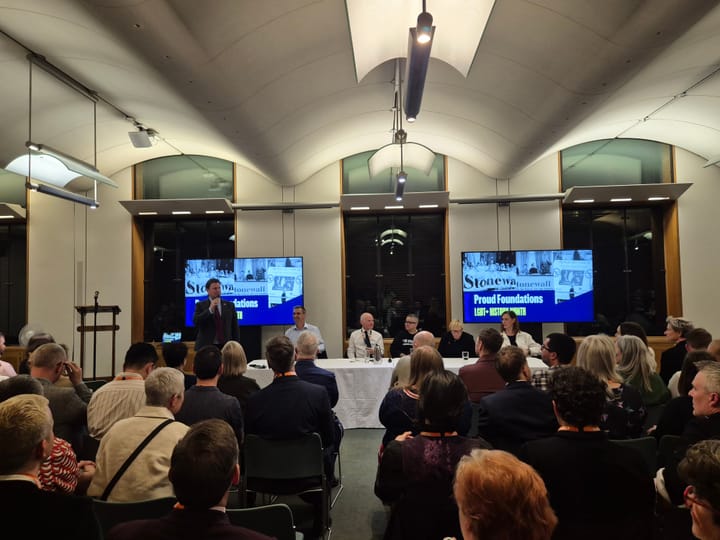
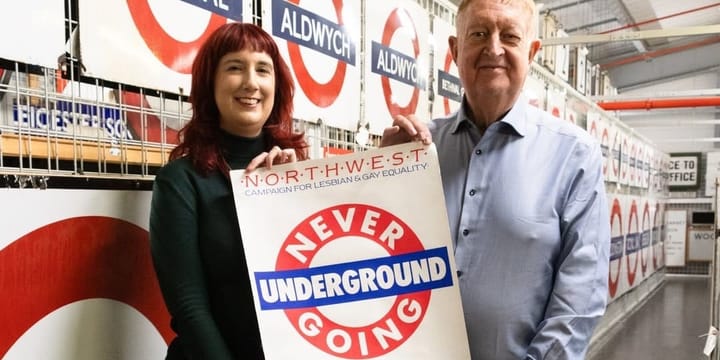
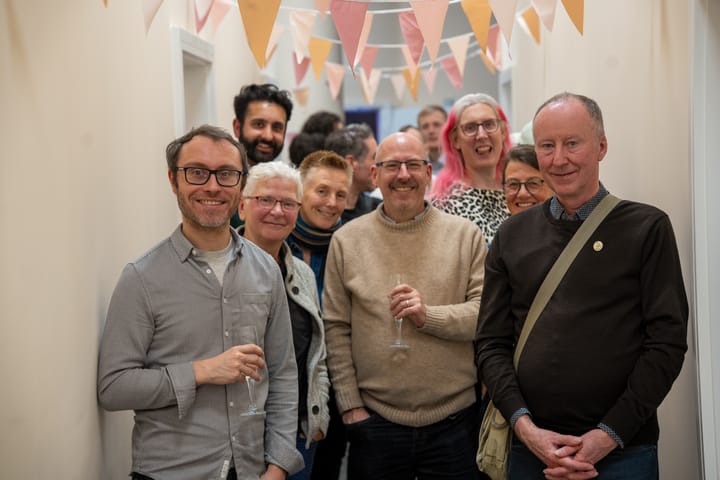
Comments ()